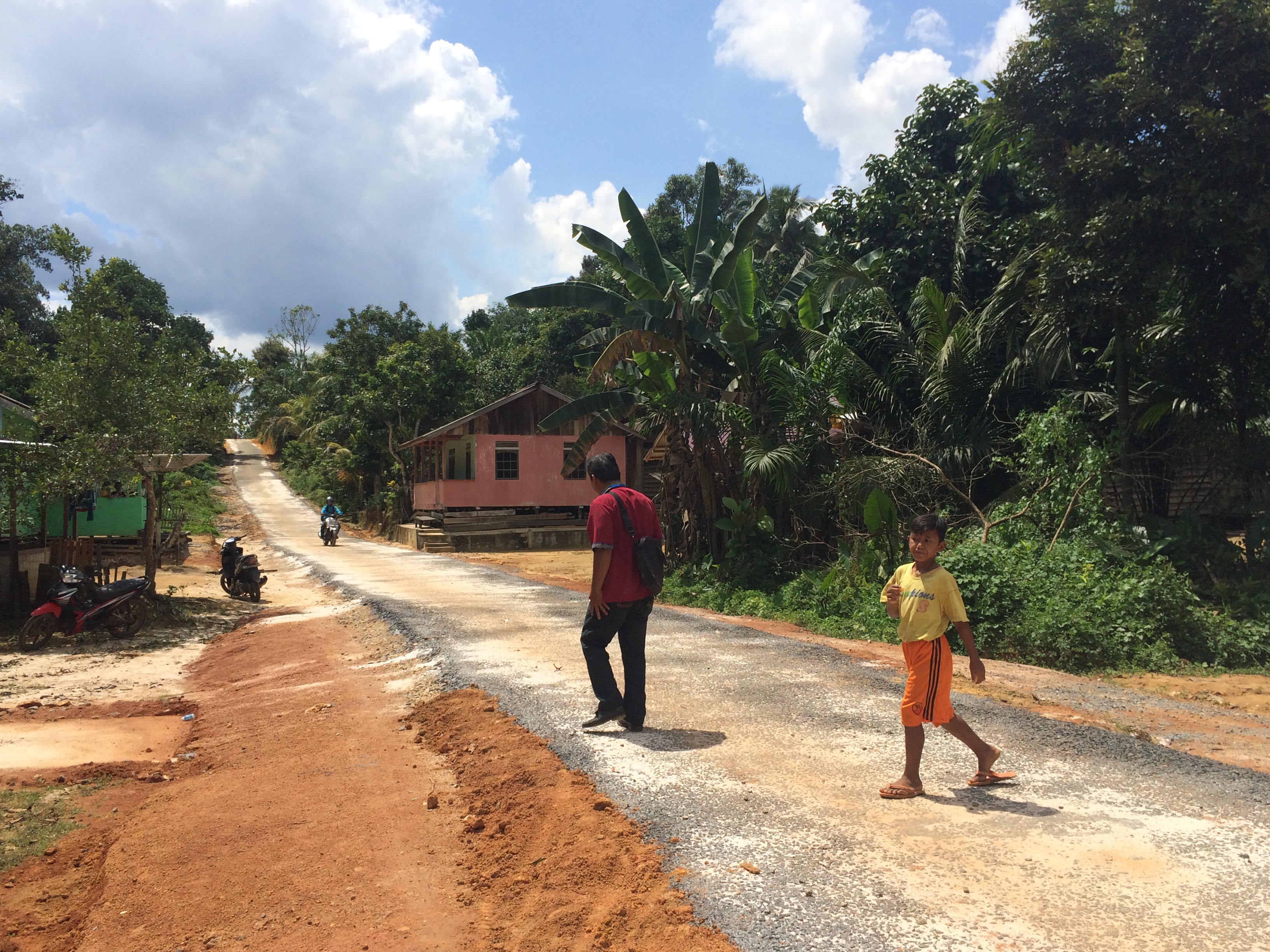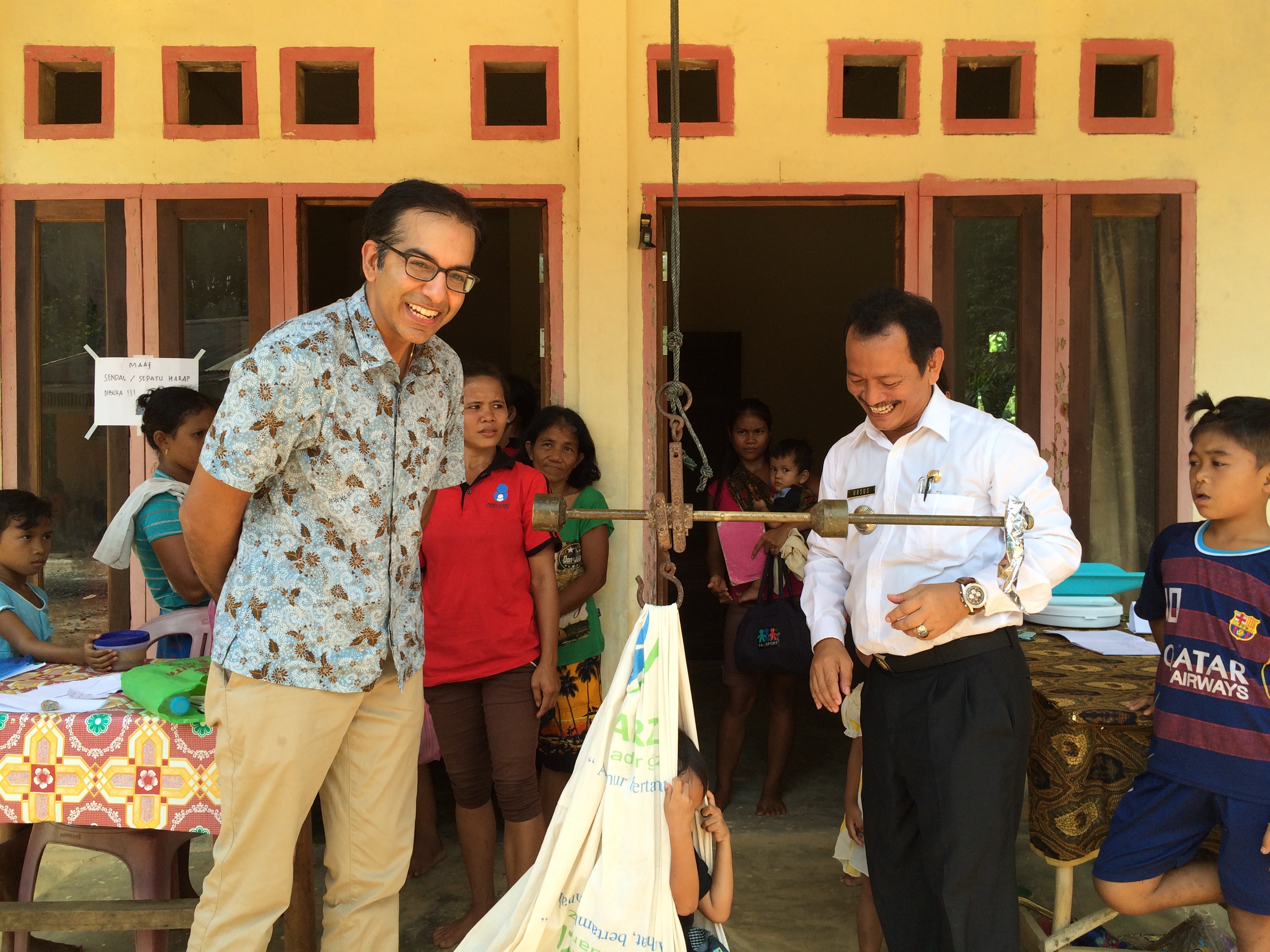
Amit Chandra for MCC
MCC is investing $134.2 million to reduce stunting in 11 of Indonesia's 34 provinces by integrating sanitation, maternal and child health, and nutrition interventions.
The Millennium Challenge Corporation (MCC), an independent U.S. Government agency working to reduce global poverty through economic growth around the world, is currently investing $134.2 million to reduce stunting in 11 of Indonesia’s 34 provinces by integrating sanitation, maternal and child health, and nutrition interventions. As a 2015-2017 American Association for the Advancement of Science (AAAS) Science and Technology Policy Fellow and Health Systems Advisor at MCC, my work with the Community-Based Health and Nutrition to Reduce Stunting Project supports this investment. The project provides grants to more than 5,400 Indonesian villages for health and education activities, including training for more than 18,000 health workers on maternal and infant nutrition, community-led sanitation programs, and a national communications campaign focused on improving child feeding practices.

Amit Chandra for MCC
Amit Chandra, left, observes children being weighed to screen for malnutrition at a monthly village health day in Pahuman, Indonesia.
Behind every successful posyandu are the dedicated health workers who staff them. For example, midwives and health center staff administer vaccines and provide counseling for families of at-risk children, while community health volunteers prepare meals, ensure posyandu attendance, and conduct follow-up visits.
Together with the Indonesian Government and its implementing partners, MCC’s work has already led to an improvement in national guidelines on child growth monitoring and infant and young child feeding in Indonesia, which will continue to benefit children across the country long after MCC’s project is completed in 2018. Over the coming years, MCC will share the lessons learned from an in-depth independent evaluation of the nutrition program with Indonesia’s Ministry of Health. These results will inform future nutrition initiatives in Indonesia and around the world, helping more children grow to reach their full potential.
About the Author: Amit Chandra is an emergency physician and a 2015-2017 AAAS Science and Technology Policy Fellow serving as a health systems strengthening advisor for the Millennium Challenge Corporation.

